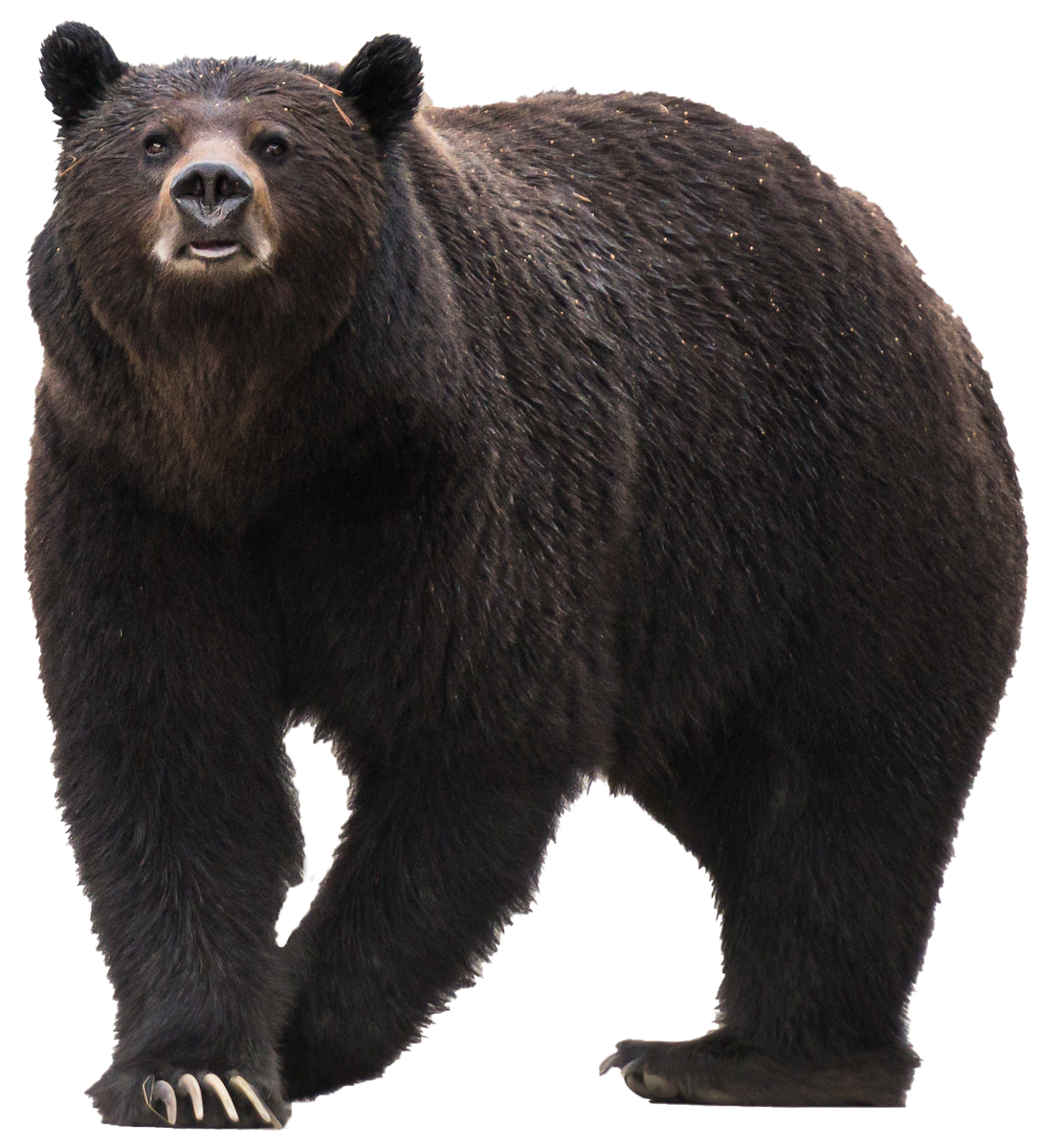Chapter One
The System of Things
- Watch video (overview of concepts in this chapter)
- Learn why we use nature as our metaphor
- Reflect (activities and discussions)
Part One
Why Nature?
We use nature as a metaphor to help explain your class lesson. Why?
Read Story Instead
Prefer reading instead? Here's the text version of your lesson.
Questions & Activities
Reflect on your lesson with short activities, or by exploring referenced articles, featured podcasts, term definitions, and more!
Featured Hot Take
Are the big, complex systems in our society important? Can they evolve? Absolutely! Just ask Rt. Hon. Kim Campbell, Canada’s first – and so far only – female prime minister.
We’re featuring this podcast across all five Nature Labs subjects. You might not like every course you take in school, but they are all related. By listening to this podcast, hopefully you’ll better understand why.
Reflection
- Do you agree that our democracy is fragile? And, if it is, how can we contribute to its health?
- Should more of us consider running for office, or is it fair to say that politics isn’t for everyone?
- Is voting during an election all that's required to be a good citizen, or is more required of us?
- How can we each help advance good policy?
- How does politics impact work?
- How can we use our careers to enhance our democracy?
Part Two
Truth vs Lie
What do you know? Try to trick your classmates in a friendly game of two truths and a lie.
Know the Terms
What terms and concepts will you discover in this unit? Learn and practice, and practice again!
Jeopardy!
The classic game, with an educational twist. Apply what you have learned so far and compete to win!
Part Three
Inquiry Media

Save the economy to save nature?
Canada at a Crossroads
NEW: Inquiry Media Series
This five-part story will be featured across each of the first five chapters of Nature Labs and will ask students to explore the question of how Canada can protect our economy and sovereignty while still addressing the other challenges of our time.






